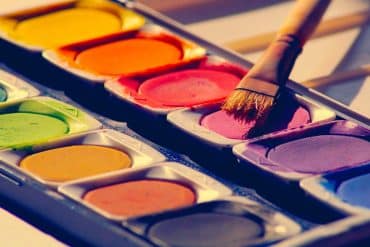"She needs to be an artist to be an artist-teacher in adult community learning. She needs to do both to become the best she can be."
JoinedApril 14, 2022
Articles1
Abbie Cairns is an artist-teacher working in Adult Community Learning. She is currently completing her PhD at Norwich University of the Arts, in which she is researching the identity transformation of artist-teachers in ACL, using a grounded theory approach. Cairns identifies herself as an artist-teacher and is engaged in both art and teaching practices. Abbie is interested in how those that identify as artist-teachers in ACL came to develop their identity and is engaged in narrative research with self-selecting participants. Her research was motivated by her own lived experience of being an artist-teacher in ACL and wanting to connect with others living the same experience. Abbie is a text-based artist who makes, and exhibits work regularly. Her art practice is concerned with using language to communicate with an audience, both inside and outside a traditional gallery setting. Her practice employs the use of linguistics and shared public language, which can be accessed and interpreted in an infinite number of ways by an audience. The intention is to engage the audience and create a dialectical relationship between the art and the audience. The connection between language and time also interests Cairns. It is fleeting and ever-changing. To echo this her outcomes are often moveable and temporary. Cairns’ practice takes a DIY approach, as such she uses materials that are often inexpensive and processes that are easily accessible. Cairns sits on the board for Colchester Art Society and works with SPACE to facilitate the Creative Practitioner Support Programme, which supports emerging artists through peer-to-peer feedback sessions and collaborative residencies.



